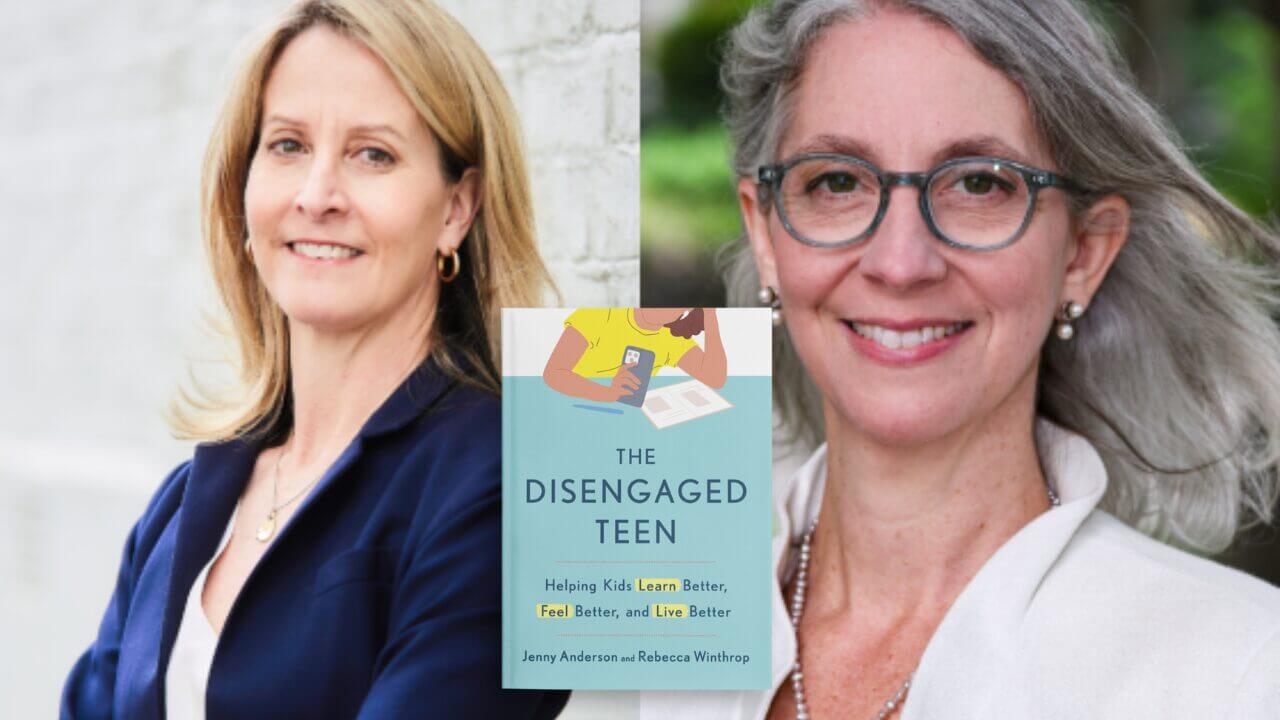Scaling Educational Innovation: Carnegie September 2024 Newsletter

This is just a preview of what’s included in our September newsletter, featuring an opening letter from our president, Timothy Knowles. Click below to explore all the updates!
Dear Friends and Colleagues,
Across the nation, in districts large and small, extraordinary work is taking place to ensure learning is increasingly engaging, rigorous, experiential and career-aligned. While bright spots have existed for decades, the gravitational pull of the status quo is strong and often prevents promising practices from taking root, sustaining and scaling. If we want millions more young people to thrive, it is imperative that we elevate exemplary practices, understand why they succeed and share lessons nationwide. Only then will we be in a position to transform the American high school at broad scale.
The Real World Learning (RWL) Initiative, supported by the Ewing Marion Kauffman Foundation, serves as a powerful example of regionwide educational innovation. The initiative is comprised of 34 districts and impacts roughly 100,000 students, across urban, suburban and rural communities, spanning Kansas and Missouri. The goal is to ensure that all high school students in the Kansas City region graduate with one or more “Market Value Assets” (MVAs)—be it through internships, entrepreneurial opportunities, or industry-recognized credentials...
September 25, 2024
Delve into this thoughtful Q&A with Dr. Bill Nicely, Educator-in-Residence for Real World Learning at the Ewing Marion Kauffman Foundation. In this conversation, Bill delves into the Real World Learning initiative, sharing the initiative’s origins, goals, and the remarkable impact of Market Value Assets on students in the Kansas City…
October 28, 2024
Photo Credit: American Council on Education In an open memo to the presidential candidates recently featured in the New York Times, the American Council on Education (ACE) highlights the pivotal role that postsecondary institutions play in shaping the nation’s social and economic landscape. With a focus on alleviating student debt,…







